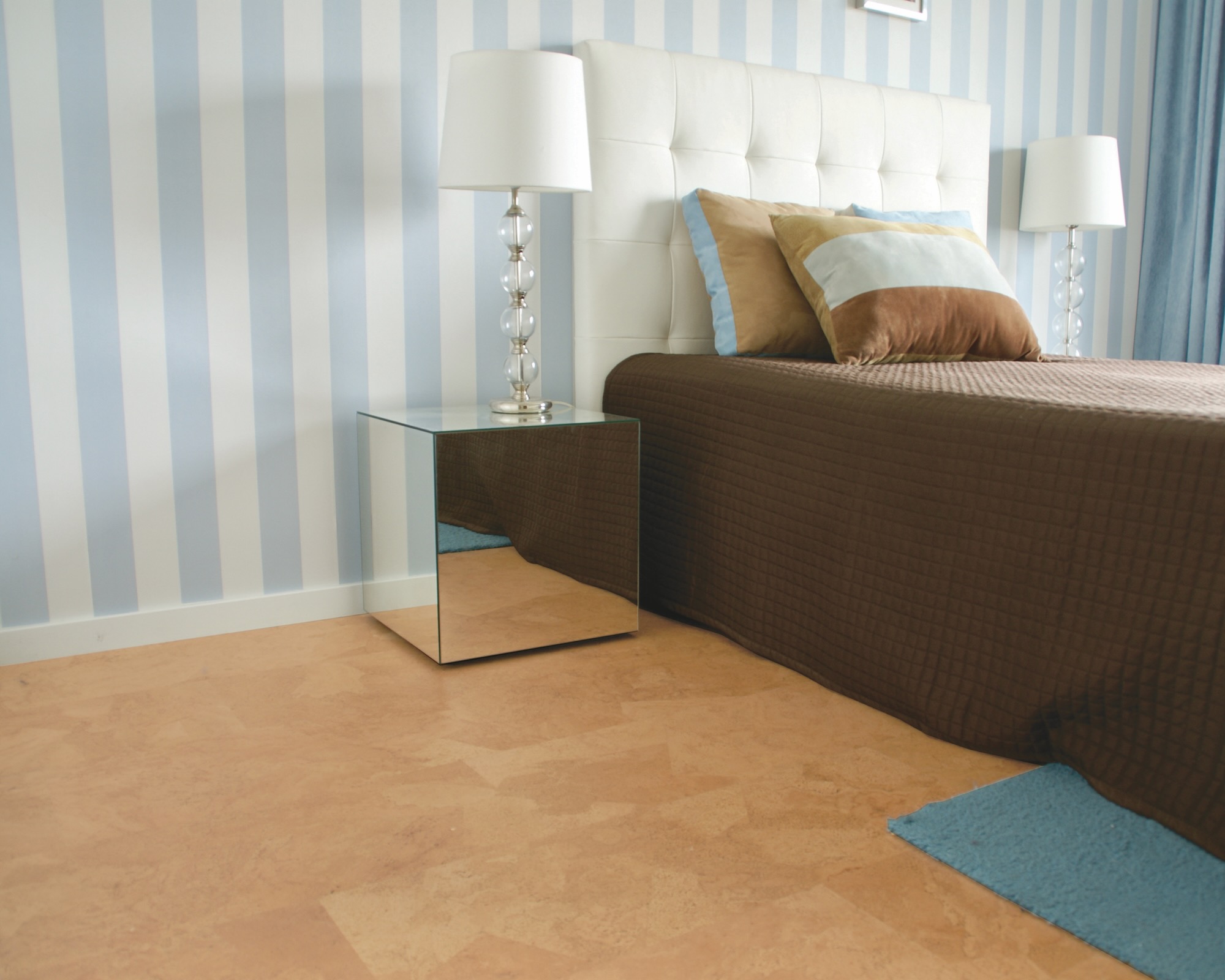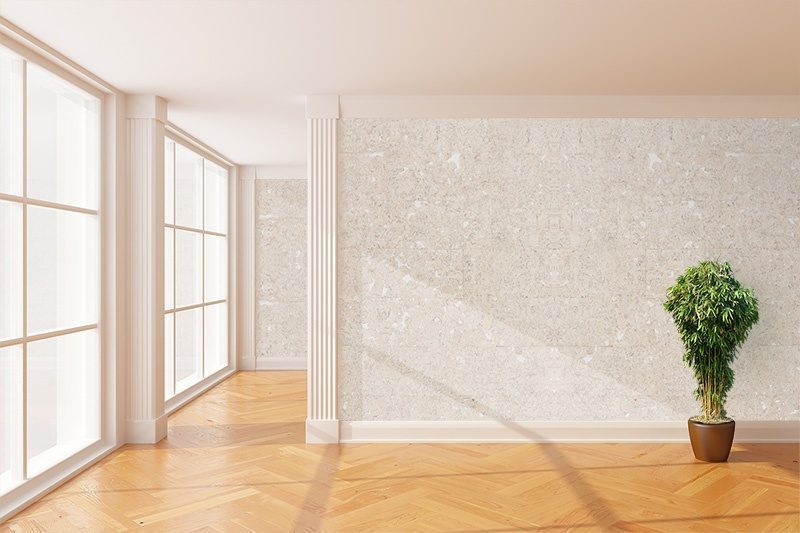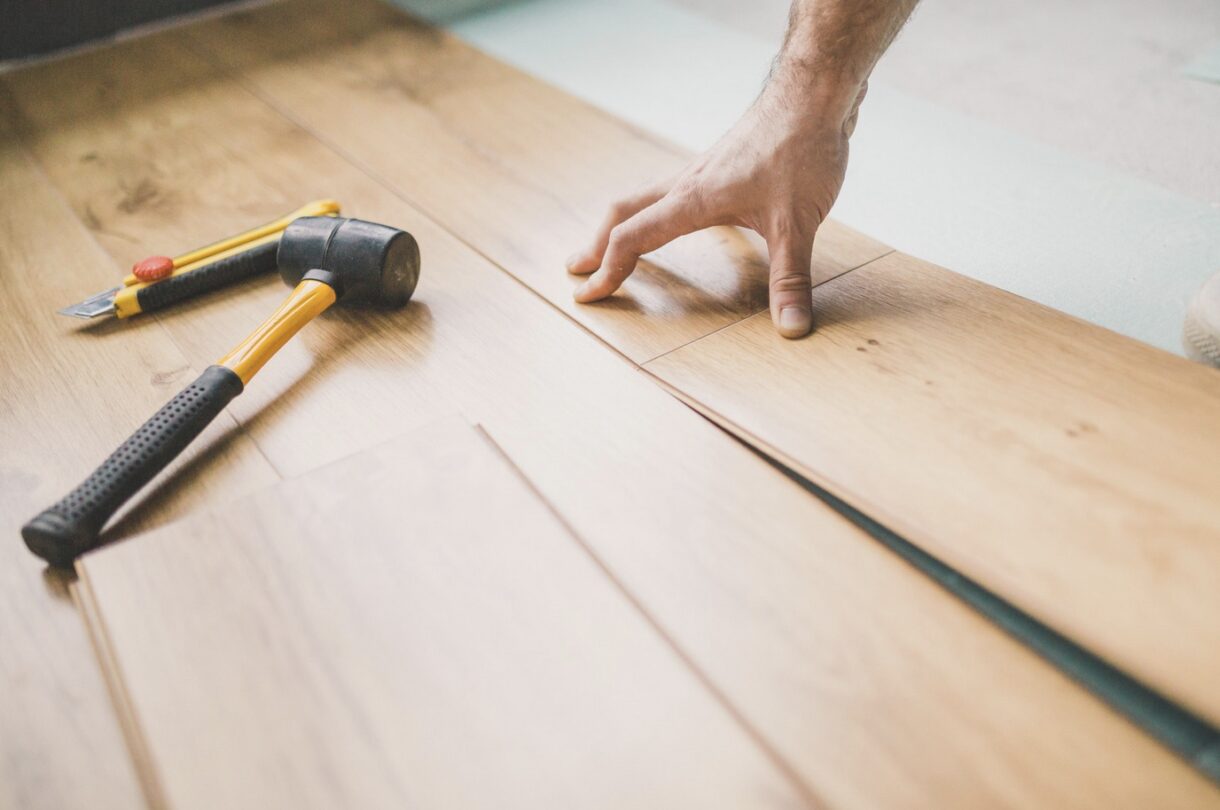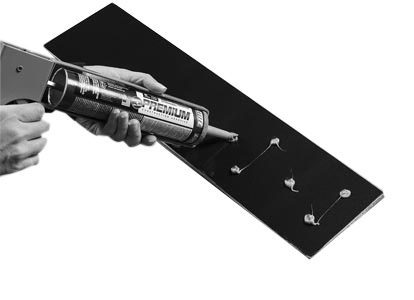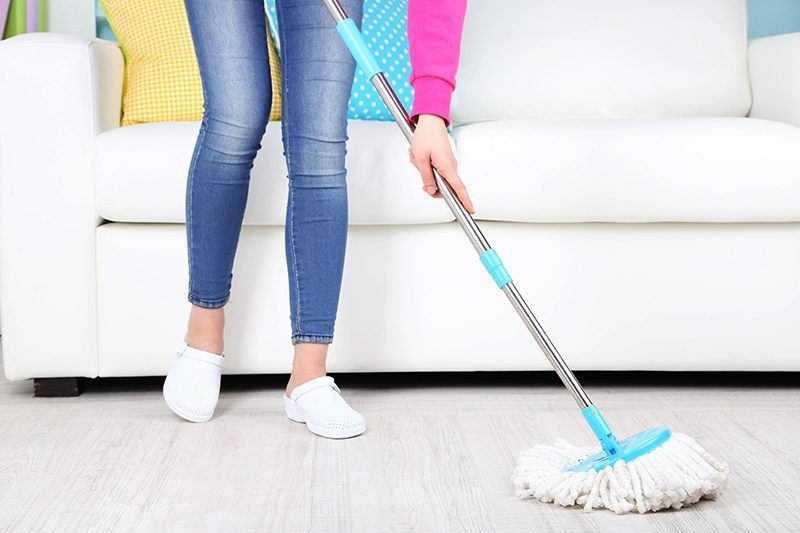Concrete Moisture Test with a Plastic Sheeting
Water is part of every concrete mixture as we all know it began with water. Even thoroughly dried or long-standing slabs can absorb and release moisture content with changes in ambient relative humidity. Because of this even a healthy concrete slab can still retain water vapor. Not only that, basement floor concrete, although it is a hardened product is subject to moisture seeping upward through its mass. Thus, it is vitally important to learn the moisture content of the concrete slab you wish to install a cork floor over before you start the project. This will save you a lot of headache and bank pain later. The definitive test is with a calcium chloride kit or a relative humidity meter. But below is a simple concrete moisture test that you can perform to give you a general idea of the moisture content in your concrete.
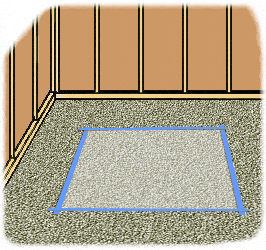
How to Test:
What You Need:
* Clear plastic sheeting
* Masking or duct tape
- Take clear plastic sheeting and cut it into a 24″ by 24″ square. (2 feet x 2 feet)
2. Check to make sure the area of concrete where you intend to place the plastic is free of standing water or will not collect standing water.
3. Tape the plastic firmly to the concrete with duct or masking tape. Make sure all sides are firmly secured.
4. Wait 48 hours.
5. Check the plastic to see if any moisture has beaded up on the inside of the plastic.
*Tips:
- This is not a definitive Concrete Moisture Test. View this as the “test before the test.”
2. No beading does not necessarily indicate that there is no moisture, as this is just a simple test. Lack of beading means the moisture issue could be subtle and is NOT an indication of a fully functioning moisture barrier. The presence of moisture beading underneath the plastic is a good indicator that there is a BIG moisture issue.
Once you have done this simple test it is best to have the other, more expensive, more extensive, more trust worthy tests done by professional flooring installers. In-dwelling moisture probes are the most reliable tests. Surface probes are less accurate. pH level testing (another form of surface testing) is also form of testing (testing for alkalinity prior to a glue down tile over suspended slab) as well as the most common (but least accurate) Calcium Chloride test.
As you can see, these are the more reliable tests which often require the work of a professional. If you are in doubt or have questions about moisture, it is always best to consult a local flooring expert or concrete slab expert with your questions.


